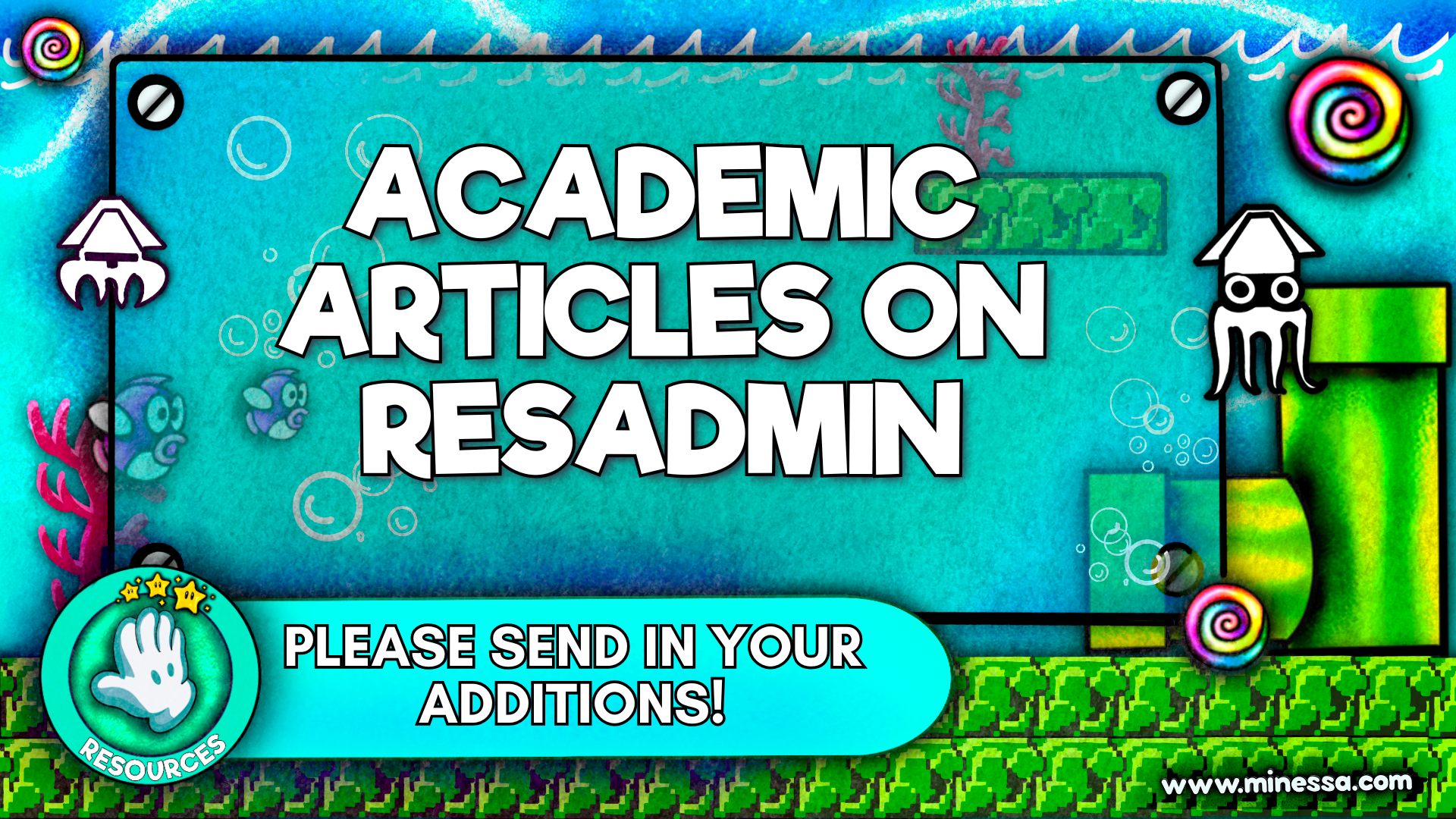Though our field is rich with magazines, educational publications, and training resources, it lacks a robust library of academic study and theoretical exploration. As we navigate an era of unprecedented challenges and opportunities in research administration, it’s clear that our growth will depend on building a foundation of scholarly thought to guide our decisions and planning for the future.
This collection represents my ongoing effort to curate and share academic resources that have shaped my understanding of research administration. Here, you’ll find books, articles, and analyses that delve deeper into the theory and practice of our field—beyond the “how-to” guides. For each resource, I’ve included a short summary of what I’ve learned and how you might apply these insights in your role as a research administrator.
But this is only the beginning. Our profession needs a collective effort to build a comprehensive library of ideas and frameworks that address the complexities we face. If you have recommendations for academic works—whether they’re books, journal articles, or white papers—please send them my way. Let’s collaborate to deepen our understanding and elevate our profession together.
- Mullen, Carol A. “Re-Imagining the Human Dimension of Mentoring: A Framework for Research Administration and the Academy.” Journal of Research Administration, vol. 40, no. 1, 2009, pp. 10-31. ERIC
Summary: This article presents mentoring frameworks tailored for higher education, emphasizing their applicability to research administrators and academic scholars. It delves into theories of adult education, mentoring, and leadership, offering critical and feminist perspectives on various mentoring approaches.
Benchmarking, Burnout, & Workload
- Gaudreault, Karen, et al. “Research Administrators’ Perceptions of Marginality, Isolation, and Mattering: Considerations for University and Personal Job Characteristics.” Research Management Review, vol. 26, no. 1, 2023, pp. 1-26.
Summary: This study investigates research administrators’ feelings of marginality, isolation, and perceived mattering within their workplaces. It highlights significant factors, such as salary ranges and years in the profession, that influence these perceptions. - Burnett, Stacey A., and Michael M. Morgeson. “Burnout and Its Correlates in Research Administrators.” Journal of Research Administration, vol. 38, no. 2, 2007, pp. 32-44.
Summary: This article examines the prevalence of burnout among research administrators and identifies factors that contribute to it. The study provides insights into the emotional challenges faced in the profession. - Shambrook, Jennifer, and Stephanie Roberts. “Evaluating the Impact of Internal Submission Deadline Policy on Grant Proposal Success.” Research Management Review, vol. 20, no. 1, 2014, pp. 1-12.
Summary: This study evaluates how internal submission deadlines affect the success rates of grant proposals. It provides data-driven insights into the timing and management of proposal submissions.
Research Administration Structures
- Shambrook, Jennifer, and Stephanie Roberts. “Pre-Award Research Administration Infrastructure: Current Practices and Future Directions.” Journal of Research Administration, vol. 45, no. 1, 2014, pp. 11-33.
Summary: This article examines current practices in pre-award research administration and suggests future directions for the field.A - Hawkins, Brian L., and Julia A. Rudy. “Structuring a Departmental Research Administration Office to Combat a High-Demand Workload and Offset Administrative Burden.” Research Management Review, vol. 21, no. 1, 2016, pp. 1-16.
Summary: This study discusses strategies for structuring departmental research administration offices to manage high workloads and reduce administrative burdens. - Lacey, T. Austin, and James W. Hess. “Research Shared Services: A Case Study in
Summary: This case study explores the implementation of shared services in research administration, highlighting benefits and challenges.
Collections of Publications and Studies
The Cohort for Efficiencies in Research Administration (CERA) – seeks to establish industry standards for institutions to effectively and efficiently implement and comply with the regulations that govern sponsored research. The standards are developed to achieve compliance not exceed it and built through the development of model policies, procedures, and practices designed to reduce administrative burden for both faculty and the institution, minimize audit risk, and most importantly, facilitate research within an ethical and appropriate compliance framework. The standards are validated by their promulgation among institutions and tested or reviewed by members of the audit community.
Do you have an article you’d like to have included? If so, please send it along my way. To be included in this particular list, the article must have been part of a capstone project or published in a peer reviewed journal.
